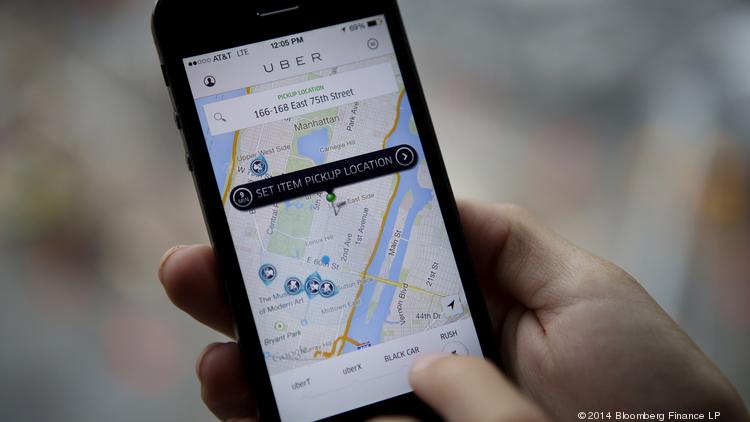Article originally published in the American City Business Journals on September 6, 2016
Andy Grove, former chairman of Intel Corp., coined the phrase, “Only the paranoid survive.” Grove has given us a timeless lesson on the need for a company to be paranoid about staying ahead of the competition and anticipating market trends.
Many companies don’t realize that there may be a current or new competitor out there targeting their customers.
Through innovation, these competitors are developing an improved product or service, creatively disrupting manufacturing or application technology, adding new product features, significantly lowering costs, creating a new channel of distribution, or changing the industry’s business model.
They are developing new products or delivering new services that customers don’t yet know they need. They are providing a great customer or client experience.
The goal of these competitors is to gain a competitive advantage and become the preferred provider of a product or service at your company’s expense.
Uber saw an opportunity to provide the traditional taxicab market with an on-demand car service that leverages a device most of us carry — an iPhone or Android smartphone. Founded in 2009, Uber developed a mobile app for requesting and paying for car service through the convenience of a smartphone.
To state that Uber has been widely successful is an understatement, especially with its expansion to many cities around the world. Other companies such as Lyft operate on a business model similar to Uber’s.
Taxicab companies were not paranoid about the potential effects of a new business model built on information technology. They were asleep at the wheel. The prices of taxi medallions have crashed, indicating the huge impact that Uber and similar companies have had on the taxicab industry.
Uber now faces competition from Google in a segment of the market — carpooling. Google will initiate a ride-sharing service in San Francisco called Waze Rider, based on the Google app Waze. Google’s service connects people going to destinations in proximate vicinity of each other. Another example of the use of information technology to disrupt a market.
From 2000 through 2008, Blackberry owned the global personal digital assistant (PDA) market, focused mainly on business users by providing wireless email communication in addition to mobile phone capability. Carrying a Blackberry was somewhat of a status symbol back then.
Both Apple and Google saw an opportunity to develop the consumer market for PDAs. Apple introduced the iPhone in 2007, followed by Google, which licensed its Android operating system in 2008 to PDA manufacturers such as HTC and Samsung.
Both Apple and Google encouraged independent companies to develop apps that greatly enhanced the user experience, a strategy that Blackberry was late in pursuing, and they never really caught up. Apple and Android saw an opportunity to develop the consumer market and they exploited that opportunity.
Blackberry ignored the competitive challenge of Apple and Android. Did they think that business users would not want to take great photos and then send or text them, or surf the web?
As Apple and the PDA manufacturers using the Android operating system captured market share, Blackberry watched in disbelief as they lost their dominant industry position.
CEOs, learn from Uber, Apple and Google and what other innovative companies can do to your industry. Remember, only the paranoid survive. Being paranoid is not only a defensive strategy, but an offensive strategy as well. Be the company that disrupts the market, even if it disrupts your business. Rather it be you than someone else.
Stan Silverman is the former president and CEO of PQ Corp. He also is founder and CEO of Silverman Leadership and is vice chairman of the board of trustees of Drexel University. Silverman earned a Bachelor of Science degree in chemical engineering and an MBA degree from Drexel University. He is also an alumnus of the Advanced Management Program at the Harvard Business School.

